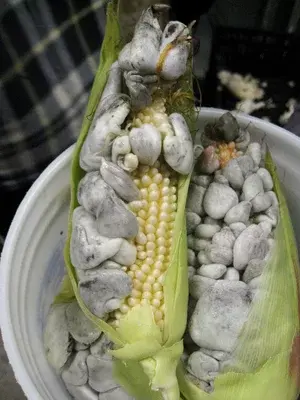The off-grid survivalist dude in invidious video ID “YOXkcz8j3Gc” says milk & potatoes are “nutritionally complete”, which if I understand correctly means that pairing covers the 9 essential amino acids. That’s cool.. but not vegan.
A pescetarian in my family was hospitalized for malnutrition. Not sure what he did wrong or what he was short on, but he doesn’t strike me as someone who would be overly negligent. IMO, as a non-vegan outsider looking in, a vegan diet is easy to screw up & requires some research to stay safe. You can’t just live on rabbit food. So I wonder if the title-linked article has the answers. In short, it claims these pairings are nutritionally complete:
- rice & beans
- tofu & veg (questionable¹?)
- chickpeas & wheat
- peanut butter & whole wheat toast²
- pinto beans³ & corn
- whole wheat pasta & peas
- lentils & rice ←I’m bummed it’s not lentils & couscous, which I often use in lentil salad
- oatmeal & pumpkin seeds
Note that all links referenced in this post are Cloudflare-free and openly accessible to all. Also no big cookie popups or similar garbage.
footnotes (with questions!):
-
I find tofu & vegetables suspicious. There are countless vegetables, so this is quite vague. How can we expect any given veg to have whatever tofu is missing? This makes me somewhat skeptical of the whole article.
-
Why toast? Why not bread?
-
Or skip the pinto beans and just make sure your corn is infected with a purple fungus containing lysine, assuming #lysine is the reason pinto beans are paired with corn.

I think it's worth noting that many of the "incomplete" proteins actually have all the amino acids, just one of them is relatively low. If you are varying your protein sources at all and eating more than the recommended quantity of protein from WHO studies, it would actually be hard to be protein deficient. Take pea protein for example. It's slightly short on methionine/cysteine, but not by much. If you just get some extra pea protein, you're good. You wouldn't need any other protein sources, but you'll pick those up with other foods incidentally anyway.
In the medical sense, the only time people are diagnosed with protein calorie deficiency is in the setting of starvation or chronic disease. If you are eating enough, you exercise, and you are under 60 years old, completeness of proteins isn't important in my opinion.
Does more protein help exercise recovery? Yeah maybe, but you won't be sick or feel bad without it.